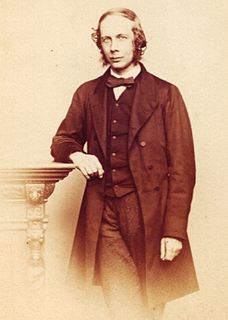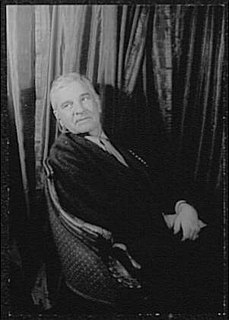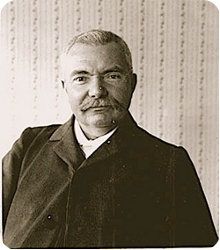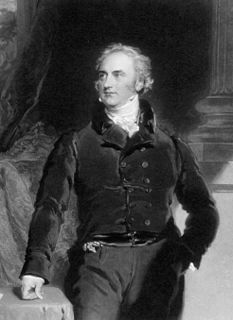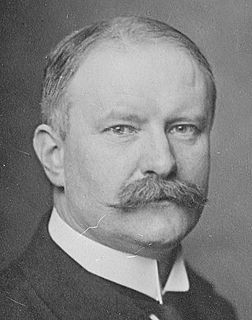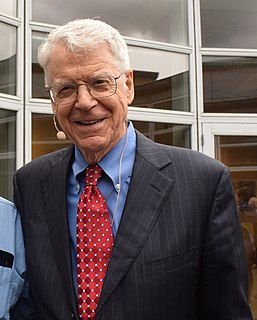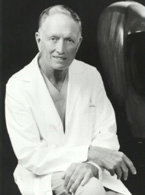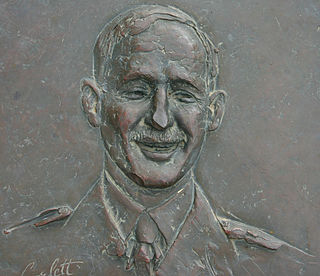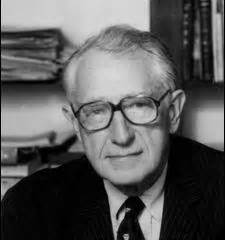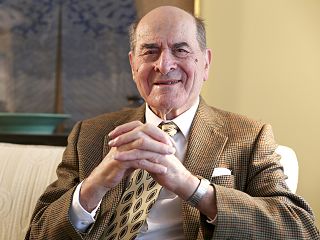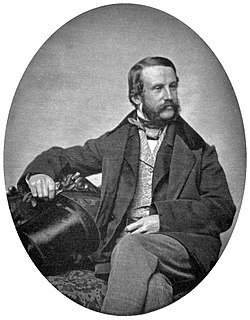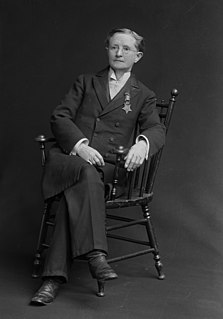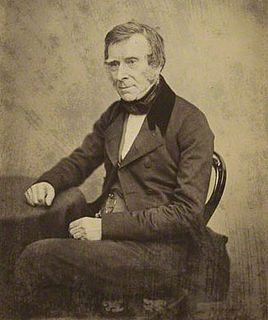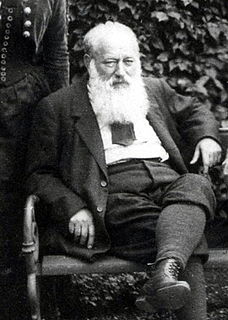A Quote by Philibert Joseph Roux
History, if thoroughly comprehended, furnishes something of the experience which a man would acquire who should be a contemporary of all ages and a fellow citizen of all peoples.
Quote Topics
Related Quotes
Like every man who appears at an epoch which is historical and rendered famous by his works, Jesus Christ has a history, a history which the church and the world possess, and which, surrounded by countless memorials, has at least the same authenticity as any other history formed in the same countries, amidst the same peoples and in the same times. As, then, if I would study the lives of Brutus and Cassius, I should calmly open Plutarch, I open the Gospel to study Jesus Christ, and I do so with the same composure.
I'm trying to discover - invent, I suppose - an architecture, and forms of urban planning, that do something of the same thing in a contemporary way. I started out trying to create buildings that would sparkle like isolated jewels; now I want them to connect, to form a new kind of landscape, to flow together with contemporary cities and the lives of their peoples.
To abolish a status, which in all ages God has sanctioned, and man has continued, would not only be robbery to an innumerable class of our fellow-subjects; but it would be extreme cruelty to the African Savages, a portion of whom it saves from massacre, or intolerable bondage in their own country, and introduces into a much happier state of life; especially now when their passage to the West-Indies and their treatment there is humanely regulated.
A man rising in the world is not concerned with history; he is too busy making it. But a citizen with a fixed place in the community wants to acquire a glorious past just as he acquires antique furniture. By that past he is reassured of his present importance; in it he finds strength to face the dangers that lie in front of him.
Man passes; he knows that he is dust; nothing is more evident than his frailty. If he should for a single moment forget it, what a chorus of voices would recall it to him! And yet, in the drop of existence which he absorbs, he takes in ages through memory and ages through presentiment. In the moments as they pass, he dimly sees eternity, and more than this, he possesses it by anticipation.
How you make it in this world, for the most part, depends more on what you do as opposed to whether people like or dislike you. In order to produce a successful life, one must find ways to please his fellow man. That is, find out what goods and services his fellow man values, and is willing to pay for, and then acquire the necessary skills and education to provide it.






